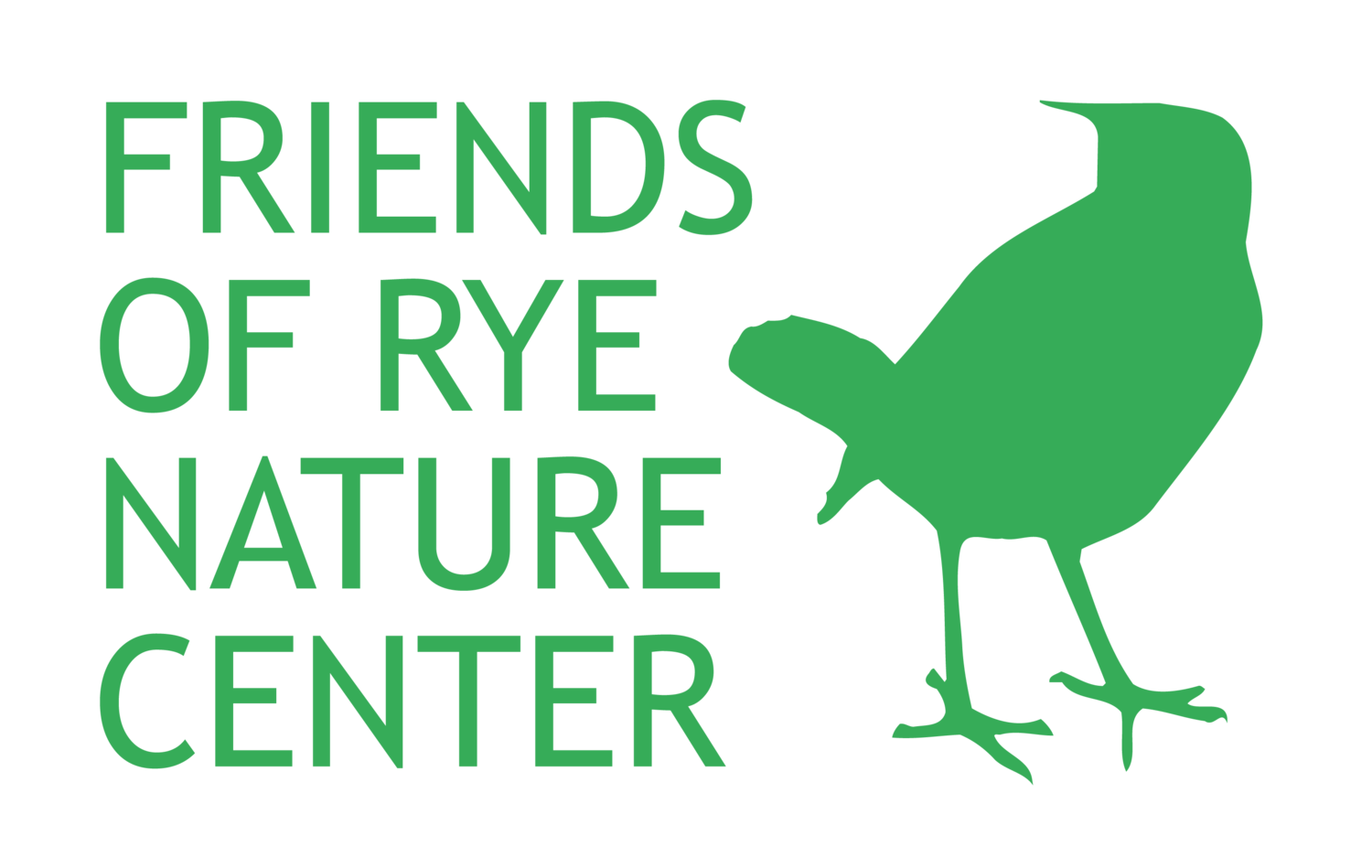Photo Credit: environment.co
Spring has sprung! This Tuesday was the March Equinox. Spring is a beautiful season to get out in nature, especially as the gardens of Rye will begin to bloom in the coming months. But did you know that not all gardens are created equal?
Despite their beauty, gardens can seriously deplete the earth’s resources. Sustainable gardening describes gardening practices that use the earth’s assets efficiently and with care to prevent damage to the environment. Here are five ways you can make your garden sustainable this spring.
Avoid Chemicals and Fossil Fuels
Chemicals from fertilizers and pesticides can seep into the soil and do lasting damage. Pesticides also harm ecosystems by killing helpful pollinating insects, as well as small rodents and birds. Gas-powered lawn mowers are also sources of pollution, so if you can, replace yours with an electric model or a push mower.
Compost and Mulch
Gardens deplete the soil they use, but compost builds it back up again! Compost is also a great way to use plant waste like lawn clippings and leaves, which you should avoid sending to landfills. Meanwhile, mulching conserves water, reduces weeds, and keeps soil nutrient-rich. And, like compost, it provides the opportunity to reuse waste like lawn clippings and sawdust.
Stop Tilling
Tilling was once a commonplace practice on farms and gardens, but now we know that it destroys soil structure and kills important microbes. Tilling might be necessary if you are building a new garden, or if your garden is especially large––in those cases, try to till only the areas you will be planting, and revitalize the soil with compost afterwards. Otherwise, stick to mulching and crop rotation to keep your garden healthy.
Conserve Water
There are many ways to cut down on water waste in the garden. Set up a rain barrel to catch and store rainwater, remove non-porous surfaces to allow the soil to absorb water, and use drip irrigation or soaker hoses instead of sprinkler systems.
Choose Native Plants
Native species, like Black-Eyed Susans and Thimbleberries, demand fewer resources to flourish than non-native species. They are often especially good choices for water conservation. Native plants also attract native pollinators, which helps stimulate the ecosystem. To explore more examples of native plants, click here and search with your ZIP code.
If you live in Rye, you can join the Rye Healthy Yards Program by pledging to create a sustainable garden. Click here to pledge. Many other communities run similar programs, so if you’re a gardener outside of Rye, check to see if your community has a network of sustainable gardeners you can join.
Happy gardening!

